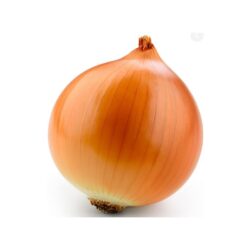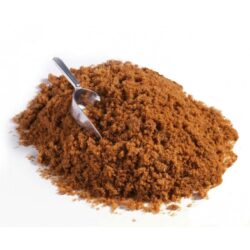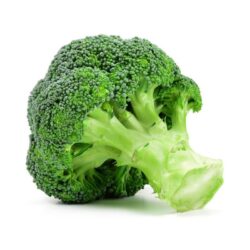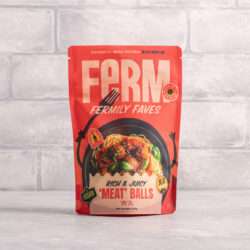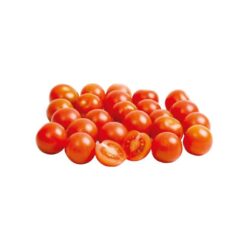Do you know how much impact your diet has on climate change?
As part of a recent On Purpose training session on Climate Change, we learned about the need to reduce the amount of greenhouse gases (GHGs) in the atmosphere to meet the target set by the Paris Climate Agreement of holding temperature rises below 2 degrees.
As a group we used the Global Calculator, a tool designed by the UK Government’s International Climate Fund and the EU’s Climate-KIC which allows you to explore the world’s options for tackling climate change and adjust variables, including lifestyle, technology and fuels, to see the different ways in which this target could be achieved.
What caught our attention was the huge impact our diets have on GHGs, and the fact that a 2 degree scenario simply cannot be achieved without a reduction in meat consumption by the masses. While many of us were aware of the implications of meat consumption on animal welfare and human health, it became clear that we hadn’t fully understood the environmental impact of our diets.
Having written my master thesis last year on how cities can enable sustainable, reduced-meat diets, I thought I’d share some of what I have learned. Here are some mind-blowing facts and figures on the impact of our‘food print’ (the carbon footprint of food), with a focus on meat, eggs and dairy products, and a few concrete tips to easily mitigate your ‘food print’, without breaking the bank.
Environmental Impacts: The FAO and World Bank, respectively, estimate that the total emissions from global livestock production range from 14.5% to a whopping 51% of all man-made greenhouse gas (GHG) emissions. We reach this 51% figure if we include the clearing of land to graze livestock and grow feed, keeping livestock alive, and processing and transporting the end products.
This far exceeds emissions from the entire global transport sector. But it’s not just meat! You may be surprised to find that cheese produces almost double the GHG emissions of chicken (13.5 vs. 6.9 CO2 equivalent per kg), largely due to cows’ methane-producing digestion process!
Along with this carbon footprint, the production of animal products also leads to significant water and land usage. For example, the production of 1 kg of beef requires ~15,000 L of water, a figure equivalent to ~110 bathtubs full!And if you’re eating just one hamburger per month for a year, the size of the production space required for this equates to that of your 40 m2 flat! On top of that, animal products provoke the deaths of 56 billion farmed animals per year.
Health Impacts: A study conducted at the Oxford Martin Programme on the Future of Food estimates that economic benefits of improving diets globally amount to 1–31 trillion US dollars in 2050; this is driven by health improvements from recommended dietary shifts. This figure actually exceedsthe environmental benefits of the avoided damages from climate change. To put this into perspective, reducing meat consumption to 3 days per weekwould save the NHS £1.2 billion a year, by cutting deaths from heart disease by 31,000, from cancer by 9,000 and from strokes by 5,000.
A Rotten System: Agriculture receives only 4% of development banks’ mitigation financing and only a few countries include livestock or agriculture in their emissions reduction plans. Meanwhile, an entrenched OECD system of government subsidies for meat and dairy producers, totalling $53 billion in 2013, actually encourages growth in production, which artificially lowers prices and stimulates consumption. In 2017, a German federal environment agency study found that 90% of industry subsidies were harmful to the environment and worked against Germany’s implementation of the Paris Climate Agreement!
Although a tax on animal products and the removal of subsidies would compensate for climate damage and deter excessive meat consumption, governments would have to navigate the intricacies of this transition, including the negative impact this may have on jobs, which makes change difficult.
WHAT YOU CAN DO
While the problem is a systemic one, the solution starts with us — one meal at a time! The impact on emissions of all of our diets is massive: a 70%reduction for a vegan diet and 63% reduction for a vegetarian diet. It is heartening to see the increase in availability of plant-based meat, cheese and milk alternatives at major grocery chains in the UK, which can help enable these diets.
Despite the common misconception, alternative diets are not just for the wealthy. A Barilla Centre for Food & Nutrition study found that a diet with three weekly meals based on vegetables, whole grains, and extra virgin olive oil halves household food budget, in addition to improving health. So yes, it is in fact possible to eat healthier, spend less and reduce your environmental food print.
Not sure you’re ready to go cold turkey just yet? Be aware, a pescatarian diet involving a direct substitution of large amounts of fish for meat may increase exposure to toxins, mercury, and can be more expensive than a veg-focused diet — not to mention its implication for declining fish stocks!
Instead, how about trying a flexitarian (a vegetarian diet with occasional meat consumption) or reducetarian diet (a reduction, by any degree, of animal product consumption).
Here is a non-exhaustive list of simple ways to practice such diets, to not only reduce your ‘food print’ from animal products, but also save some cash (especially important when on an On Purpose salary!):
- Take part in a 30 day challenge, like Veganuary, made easy by substituting in beans and pulses in your favourite recipes
- Cut your animal product intake weekly by 14% by participating in Meatless Monday, or 70% as a ‘weekday vegetarian’, while testing out delicious budget recipes
- Try a ‘Vegan Before 6’ approach, opting for the vegan option on the lunch menu or going to a vegan/veggie restaurant
Whichever path you take, the benefits will be significant. Remember,powerful climate action starts in the kitchen… meat you there!
Written by Rabia Abrar (@rabiaabrar)

